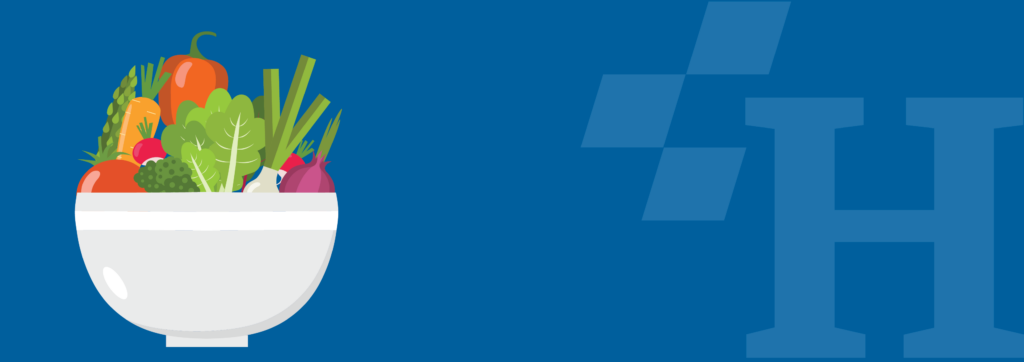More than Skin Deep: Nutrition & Healthy Skin

Sunscreens, facials, serums—the list goes on when it comes to the steps we take when taking care of our skin, but you know that your skincare routine actually begins at breakfast? Our diets have a huge impact on our skin, affecting everything from aging to hydration and elasticity, which is why a well-balanced, nutritional diet will reflect wonderfully on your skin. We asked our team at Harbin Clinic Dermatology to spill the secret of the best vitamins and minerals for your skin and what foods to find them in.
Vitamins
Vitamin C: This vitamin is a main ingredient in most anti-aging skin care products, and there’s a good reason why: vitamin C can help heal damaged skin and reduce the appearance of wrinkles and fine lines. Research also shows that it can decrease cell damage. You can up your vitamin C intake by adding citrus fruits to your diet, such as oranges, grapefruits, lemons and limes.
Vitamin D: Your body uses vitamin D to create healthy cells, including skin cells, which is why it’s known to help improve skin conditions such as psoriasis and acne. You can find vitamin D in salmon, tuna, egg yolks and mushrooms.
Vitamin E: As a primary component in preventing cell damage, vitamin E absorbs UV light from the sun and can help protect the skin from sun damage. Sunflower seeds, almonds, peanuts, avocados and spinach are all great sources of vitamin E. However, never use a vitamin supplement as a replacement for sunscreen.
Vitamin K: Vitamin K plays a central role in the body’s blood clotting process, which helps in healing wounds and bruises. Studies have also shown that it can help reduce the appearance of stretch marks, scars, dark spots and more. Vitamin K is found in kale, collard greens, spinach, turnip greens and broccoli.
Minerals
Zinc: Not only does zinc control oil production in the skin, but it also controls the hormones that can lead to hormonal acne. It can also help speed up the skin’s healing process after a wound. You can increase your zinc intake by incorporating seeds, nuts, eggs, whole grains and legumes into your meals.
Copper: This mineral supports collagen and elastin production in the skin, which provides the skin with the strength and elasticity it needs. You can find copper in nuts, seeds, leafy greens, mushrooms and tofu.
Selenium: Selenium is a strong antioxidant and encourages skin flexibility and elasticity. Some studies show that it can also help protect the skin from sun damage. Brazil nuts, fish, ham, pork and turkey are great sources of selenium.
Potassium: This well-known mineral helps regulate the amount of water in your body’s cells, so a potassium deficiency could lead to dry skin and other skin disorders. To ensure you’re reaching your suggested potassium intake, add avocados, potatoes, beets, spinach and bananas to your diet.
Supplements
For those who feel like their diets are lacking certain vitamins or minerals, incorporating a supplement may seem like a good idea. While supplements can be beneficial to some, not every individual needs them. For people who eat a well-balanced and nutritious diet, you’re most likely taking care of your skin’s needs through your food alone. If you don’t eat a varied diet or have a specific nutrient deficiency, you may benefit from introducing a supplement to your routine. Always talk with your healthcare provider before beginning a new supplement or vitamin.
To learn more about how nutrition affects your health, scheduling an appointment with your primary care physician is a great first step. Find a Harbin Clinic provider near you to discuss your wellness and nutrition!


